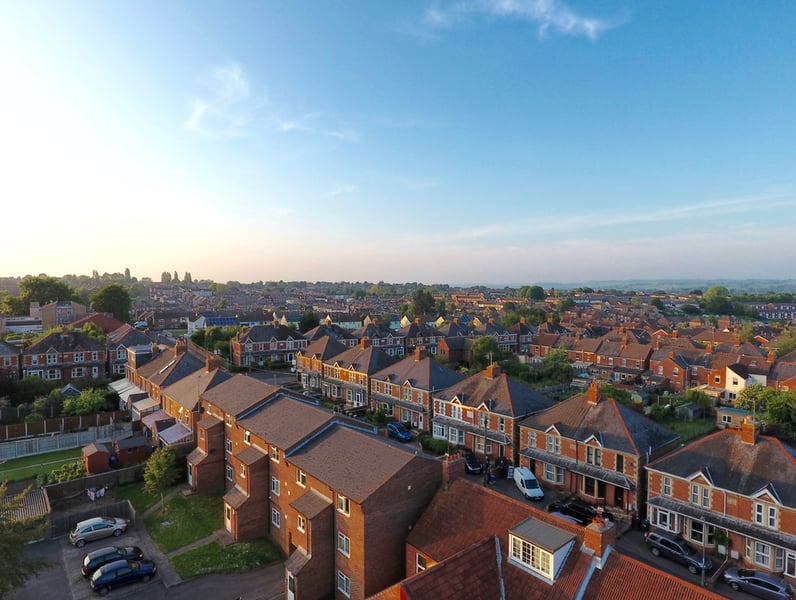One in four (25%) sales are to cash buyers.

Cash buyers have fallen in 90% of UK cities since 2016 according to Zoopla’s August UK Cities House Price Index.
In Zoopla’s view, the decline in cash buyers is largely a result of the 2016 stamp tax changes impacting investors and second homeowners.
Richard Donnell, research and insight director at Zoopla, said: “The housing market is throwing off mixed signals as the headline rate of price growth slows yet demand from home-owners using a mortgage continues to increase.
“This is at a time when Brexit is dominating the headlines again and further complicating the outlook.
“Despite increased uncertainty, demand from mortgaged homeowners appears resilient, with demand supported by low mortgage rates, high levels of employment, and households who want a home.
“A change in the mix of buyers has impacted the demand for housing across cities since 2016.
“The reduction in cash buyers has been marked in southern cities and we believe this is down to a decline in investment-buying across high value cities.
“This has compounded the slowdown in price rises, which we see as a return to a more sustainable pace of price growth rather than an impending re-correction.
“The London market continues to see greater realism in pricing and there are signs of a modest increase in market activity.
“This isn’t a precursor to price rises, but we do expect sales volumes to start rising once again.”
One in four (25%) sales are to cash buyers, down from 29% in 2013, and are a mix of homeowners and investors.
Zoopla analysis shows the number of cash buyers has declined most significantly in cities with the highest capital values and lowest yields.
House price growth has slowed to more sustainable levels with prices 1.9% higher than a year ago.
Leicester is the fastest growing city (4.8%) followed by Liverpool (4.6%).
Whilst the headline rate of growth has slowed, the performance of house prices since the last market peak in 2007 has varied by over 90%.
Steve Seal, managing director at Bluestone Mortgages, added: “While house prices aren’t rising as quickly as they used to, a lack of affordable housing stock is still preventing many buyers from taking their first steps on the property ladder.
“Others, meanwhile, are left feeling defeated and despondent after being rejected for high-street lending.
“Our latestSpecialist Lending Trackerrevealed thattwo in 10 consumers who had previously been denied mainstream lending believed there were no alternative options available to them.
“However, this is where the specialist lending market comes in.
“Specialist lenders can provide borrowers who have say, a complex credit history, with affordable and sensible solutions that cater to their exact needs, getting them one step closer to realising their homeownership dreams.”
Despite recent price falls, London house prices are 56% higher than 2007, whilst those in Belfast are 40% lower.
House prices grew in London by 0.2% in the 12 months to August according to the index.
Marc von Grundherr, director of Benham and Reeves, said: “London continues to act as a house price growth anchor for the time being and this is largely being driven from the inside out as those who have seen the largest decline in property values continue to hold fire for greener pastures on the other side of the Brexit bridge.
“However, to view the capital as down and out when it comes to its property pedigree would be very foolish indeed. London is currently a sleeping giant rather than a crumbling carcass and once stability returns, so too will buoyant house price growth.”



